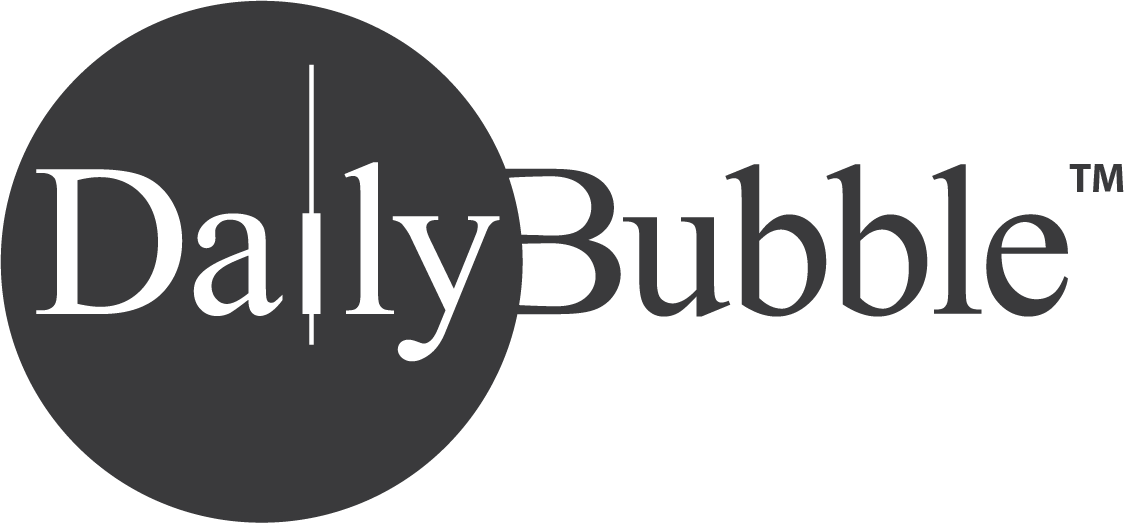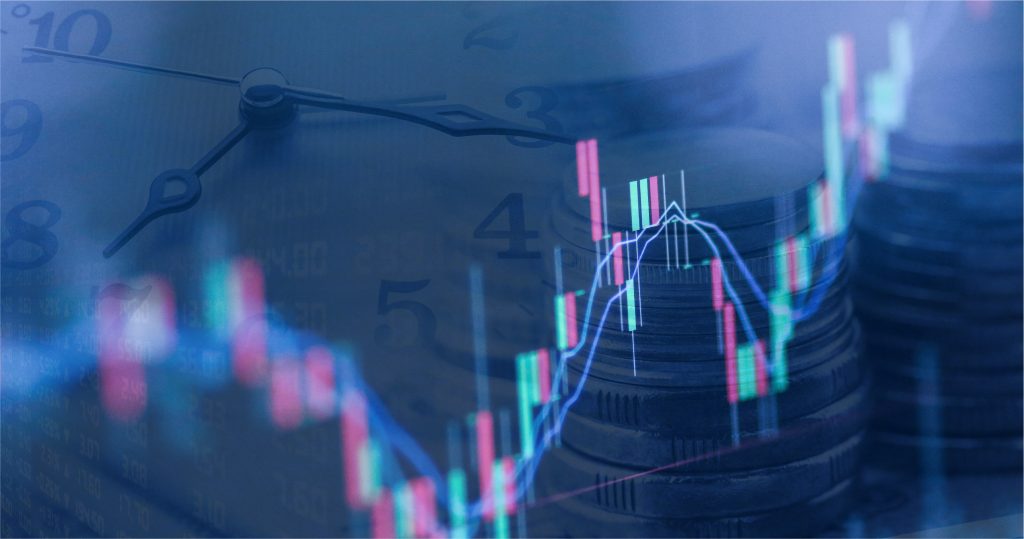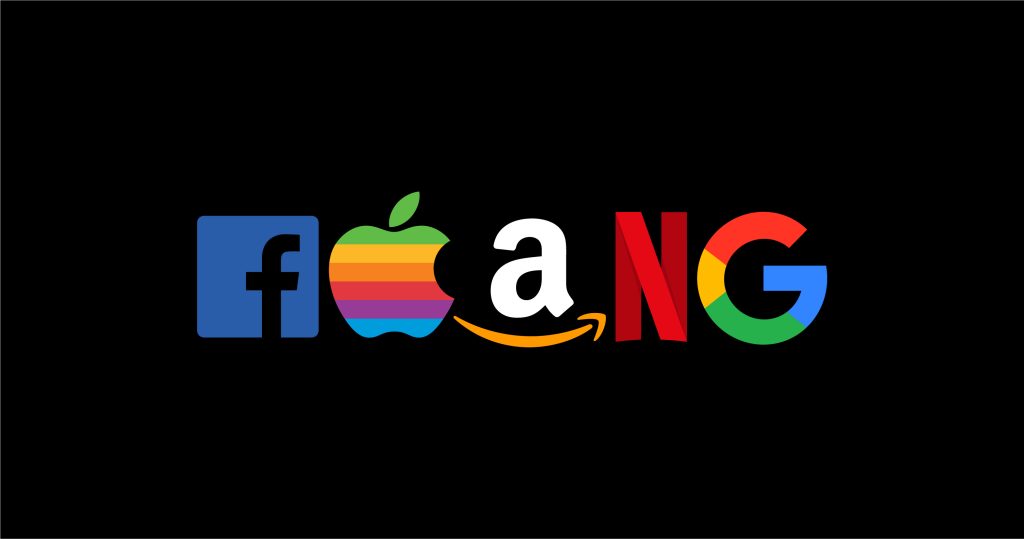US Economy Q2 GDP – 07/27/23

The Commerce Department’s released its latest report on the second-quarter gross domestic product (GDP) indicates a sustained strength in domestic demand. However, inflation has significantly decreased during the last quarter. This has led some economists to suggest that the Federal Reserve may not need to raise interest rates beyond this year, but instead maintain higher borrowing costs for a longer period.
The U.S. central bank recently raised its policy by 25 basis points to a range of 5.25%-5.50%. Despite this, the economy has shown resilience, with the GDP increasing at a 2.4% annualized rate in the last quarter, compared to a 2.0% pace in the January-March quarter. This growth exceeded economists’ predictions of a 1.8% rise for the April-June period.
Inflation, as measured by the price index for gross domestic purchases, increased at a 1.9% rate, a slowdown from the 3.8% pace in the first quarter. Excluding food and energy, prices rose at a 2.6% pace, following a 4.2% increase in the first quarter.
Consumer spending, which accounts for over two-thirds of U.S. economic activity, increased at a 1.6% pace. Although this is a slowdown from the first quarter’s robust 4.2% rate, it was enough to add more than a full percentage point to GDP growth.
The labor market remains tight, with companies hoarding workers after struggling to find labor during the pandemic. This is evidenced by persistently low levels of layoffs. Initial claims for state unemployment benefits fell 7,000 to a seasonally adjusted 221,000 for the week ended July 22, the lowest level since February.
Business investment also accelerated due to increased spending on equipment like aircraft and motor vehicles. Government spending and a boost from inventory investment also contributed to GDP growth. However, trade was a drag after adding to growth for four straight quarters.
Despite these positive indicators, some economists believe a recession is still possible, arguing that higher borrowing costs will eventually make it harder for consumers to fund their spending with debt. They also noted that banks were tightening credit and excess savings accumulated during the pandemic continued to be run down. Slowing job growth was seen curbing wage gains.
Investment Ideas:
Consumer Spending: The resilience of the labor market and the increase in consumer spending could suggest potential growth in sectors that are directly related to consumer goods and services. This could include retail, consumer discretionary, and consumer staples sectors.
Amazon.com Inc. ($AMZN): Amazon is a leading player in the e-commerce sector. With the increase in consumer spending, Amazon could see a boost in its revenue as more people shop online.
Walmart Inc. ($WMT): Walmart is one of the largest retail corporations worldwide. An increase in consumer spending could lead to higher sales in their physical and online stores.
Government Spending: The contribution of government spending to GDP growth could suggest potential opportunities in sectors that typically benefit from government contracts or funding, such as defense, infrastructure, and healthcare.
Lockheed Martin Corporation ($LMT): As one of the largest defense contractors in the world, Lockheed Martin could stand to benefit from increased government spending, particularly if that spending is directed towards defense and aerospace.
Caterpillar Inc. ($CAT): Caterpillar is a leading manufacturer of construction and mining equipment. If the government increases spending on infrastructure, Caterpillar could see increased demand for its products.
UnitedHealth Group Incorporated ($UNH): UnitedHealth Group is a diversified health and well-being company, and it could benefit from increased government spending on healthcare.
DailyBubble’s Disclaimer
This article provided by the DailyBubble team should only be considered as informational and/or entertainment by the reader. DailyBubble makes no representation to buy or sell any security or financial instrument within the article. Readers seeking investment advice should seek independent financial advice from a professional, and independently research and verify. The DailyBubble team wrote this article and may express its own opinions therein.




